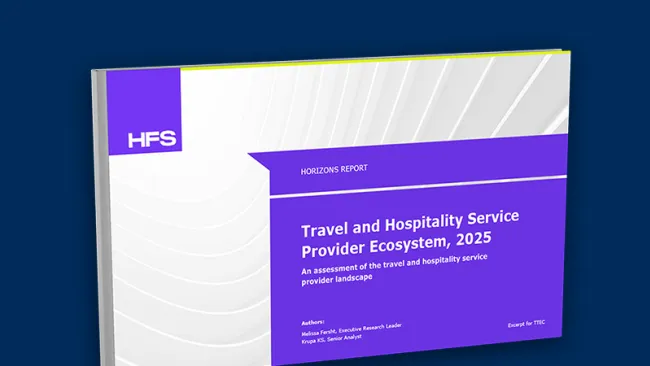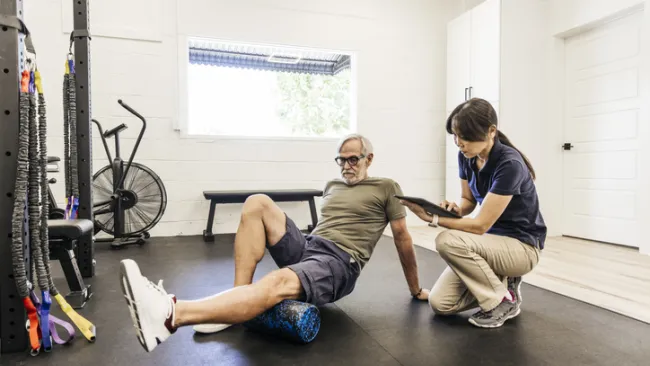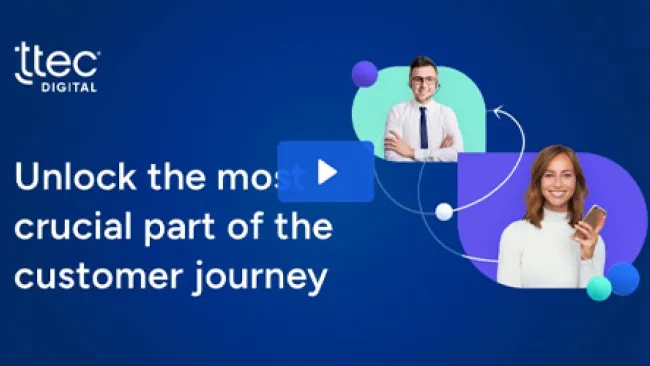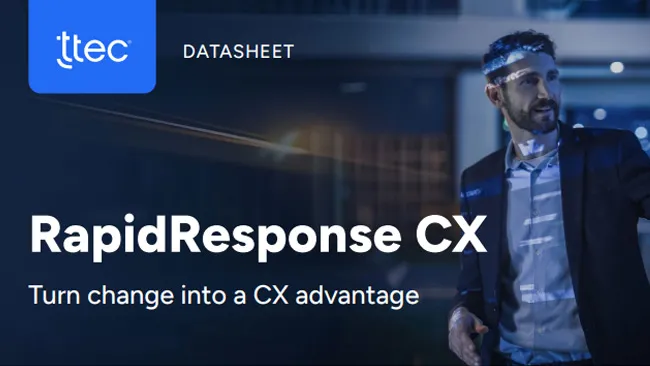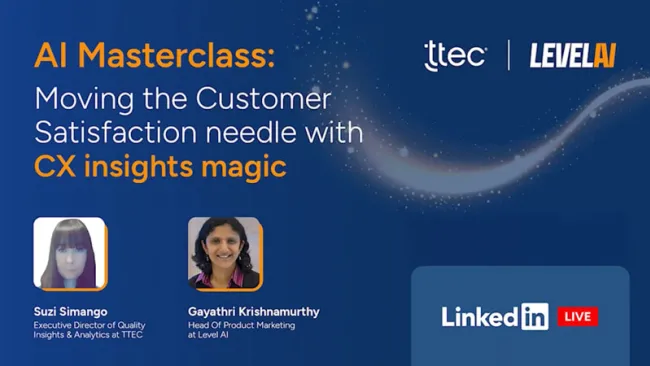Disruptive companies are designed to, well, disrupt existing industries and business practices. But what happens when companies across the spectrum of industries and sizes are disrupted by a pandemic? At the recent MIT Sloan Retail Conference 2020: Modeling the New Normal, a panel of startup founders shared their experiences adapting to the changes brought on by the COVID-19 pandemic and their outlook on a new retail landscape.
The COVID-19 effect
Prior to the pandemic, Zak Normandin, founder and CEO of Iris Nova, the parent company of organic beverage brand Dirty Lemon, had a bustling wholesale business selling to hospitality and food services companies—many of which are now struggling to stay open. On top of that, Normandin said he noticed an influx of brands popping up. “The barriers to entry for launching a beverage company are relatively low,” he said. “Now, startups are accelerating because people are out of work and sitting at home.”
Normandin said these pressures forced him to move even faster to acquire and serve customers. That included expanding the company’s same-day delivery capabilities. And while the company was already mobile-first, it was also seeing a large behavioral shift in older customers such as Boomers placing online orders. “All of a sudden, food and e-commerce has been accelerated by several years in a matter of months,” he said.
Meg Maupin, co-founder and CEO of Atolla, a direct-to-consumer brand that sells customized skincare products, also saw a sudden uptick from other demographic groups. After the pandemic broke out, “who our customer is quickly changed,” Maupin said. “Because people can’t get facials or see an expert in person, we started seeing older customers put together their full routine [online].”
In addition to more people shopping online, customer demands have changed, noted Cynthia Plotch, co-founder of Stix, a DTC brand that sells pregnancy and ovulation tests. “We’re seeing more demand for educational resources and online content because how people access medical care changed,” Plotch said. Plotch said she and her colleagues also noticed that instead of customers looking for information and products to increase their chances of pregnancy at the onset of the pandemic, as was anticipated, “70% of our customers were using our products to avoid pregnancy.” The company is using such customer insights to drive its marketing and ensure it delivers relevant content.
Rob Smith, founder of the Phluid Project, a gender-free retail brand and community space, had recently opened a store in the trendy New York City neighborhood, NoHo, when the pandemic hit. “As a retailer, you always have competing priorities,” Smith said. The pandemic caused him to reorganize his priorities by closing the store to focus on the Phluid Project as an education platform and “lean into the activist part of who we are,” he explained.
New game plan
Leveraging more data insights and experimenting with other ways of reaching customers were top of mind for the panelists as they forge ahead in an altered retail landscape. “With all these brands coming online, it’s becoming expensive to acquire customers through paid channels like Facebook,” Maupin said. Her plan is to test a variety of earned and owned media channels, while embarking on more R&D to build out the company’s digital products.
Smith noted that in some ways, COVID-19 provided an opportunity to focus on what is needed to be successful. “I freaked out when everything disappeared in March,” he said. “But then I thought of a quote from Deepak Chopra: find every challenge and make them into opportunities. COVID has forced me to regroup and refocus.”



